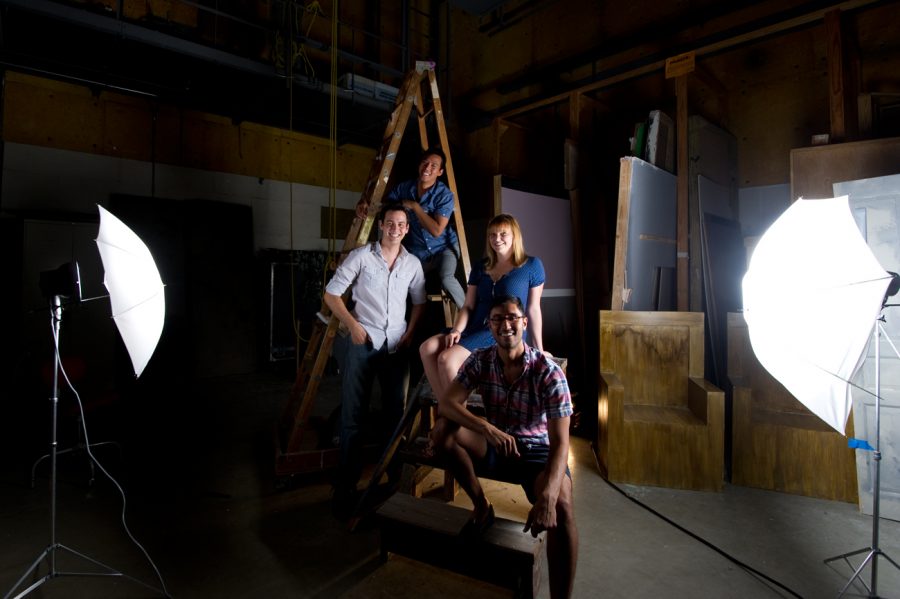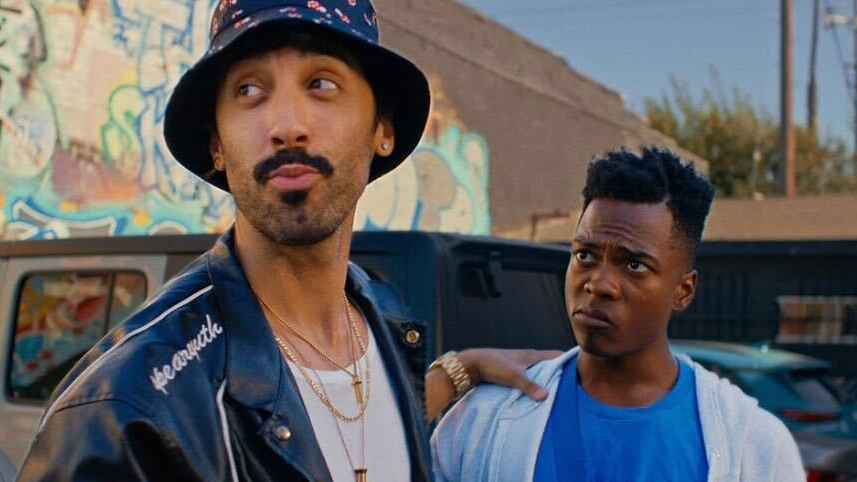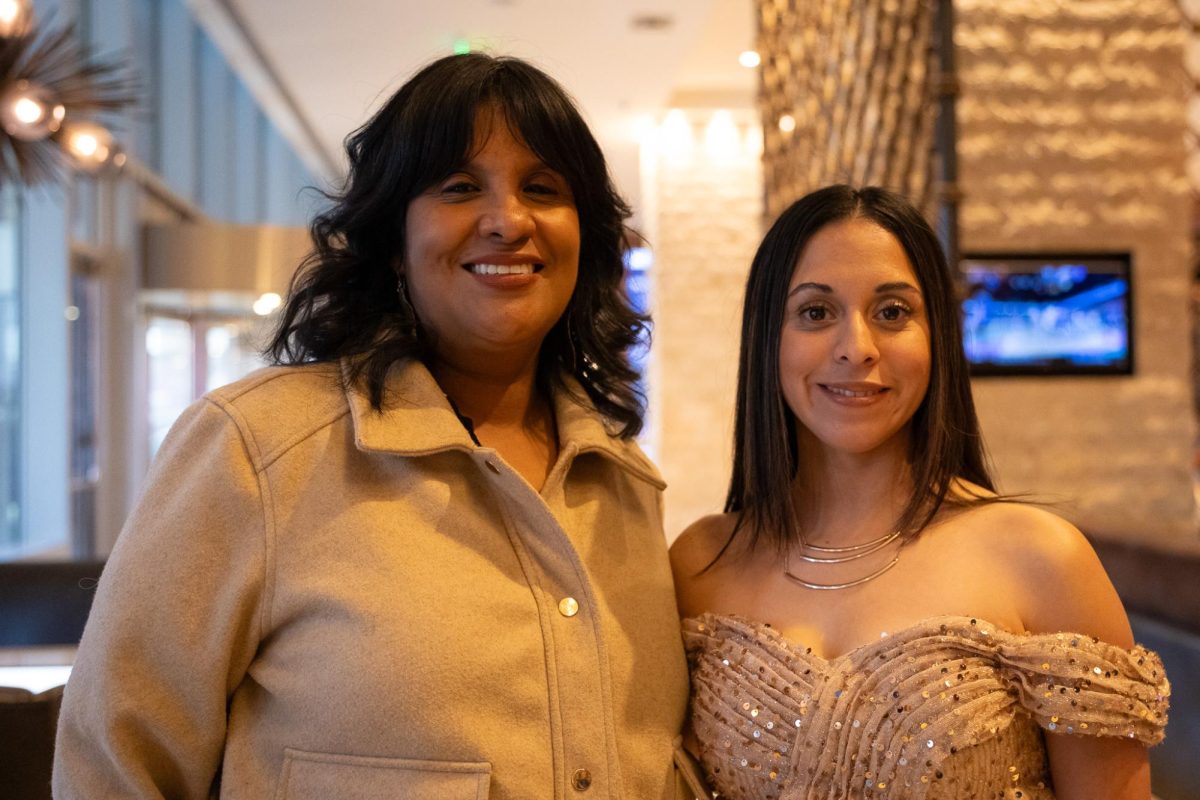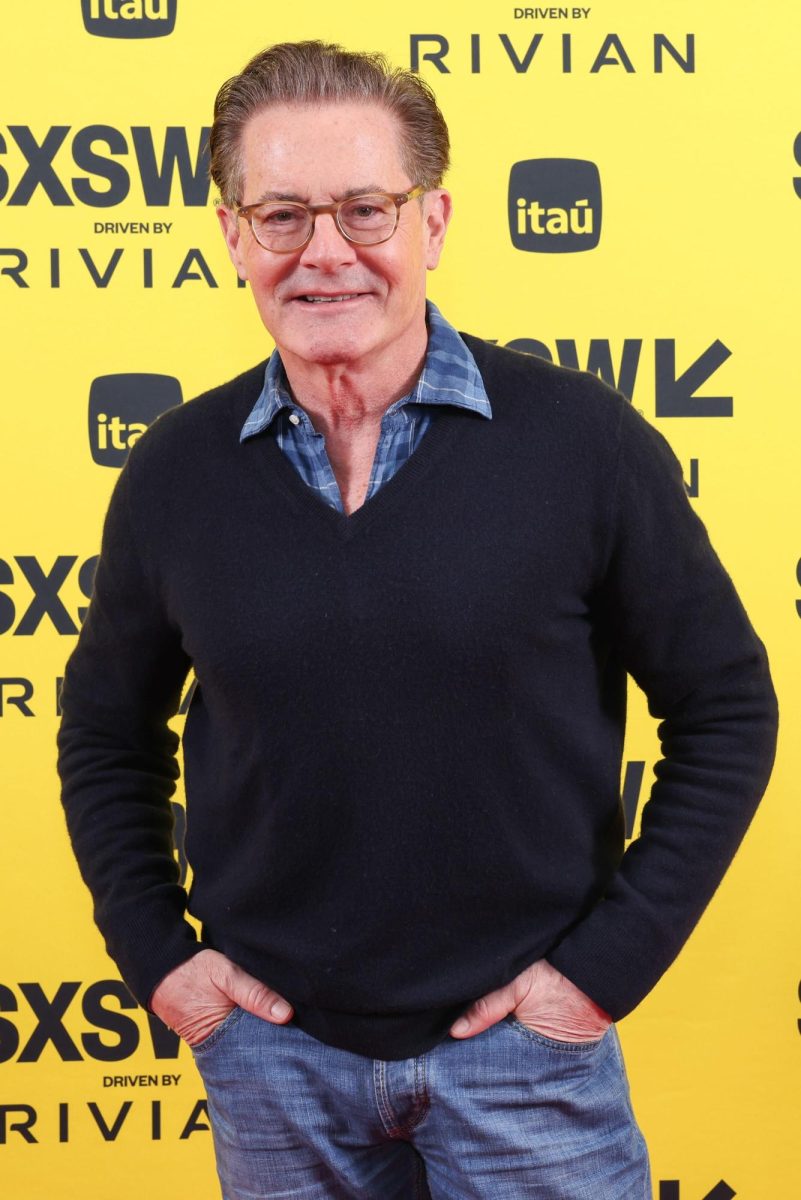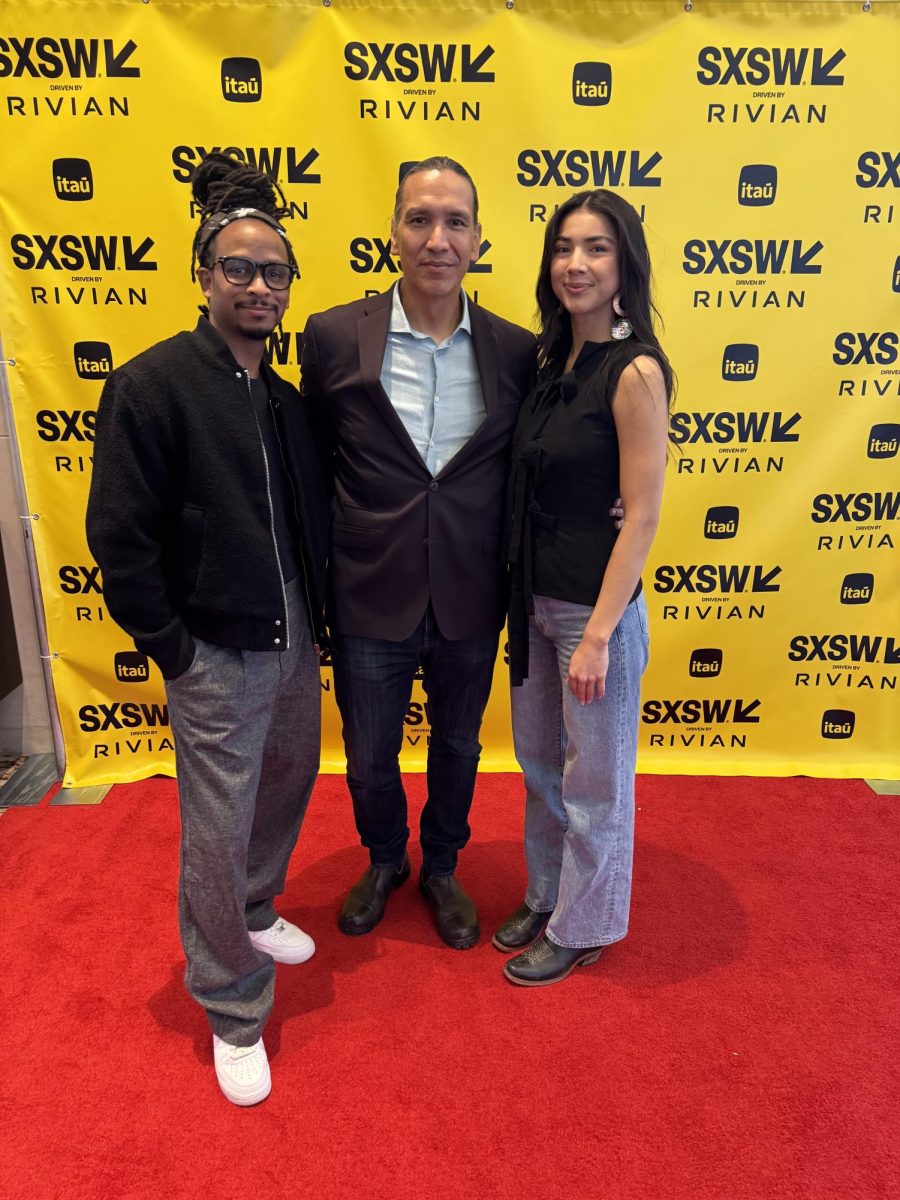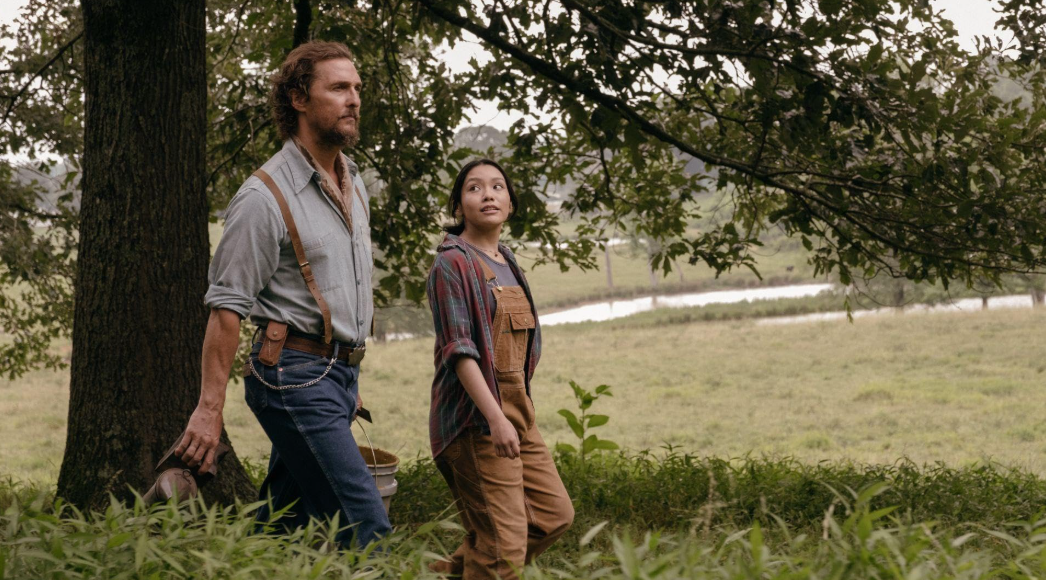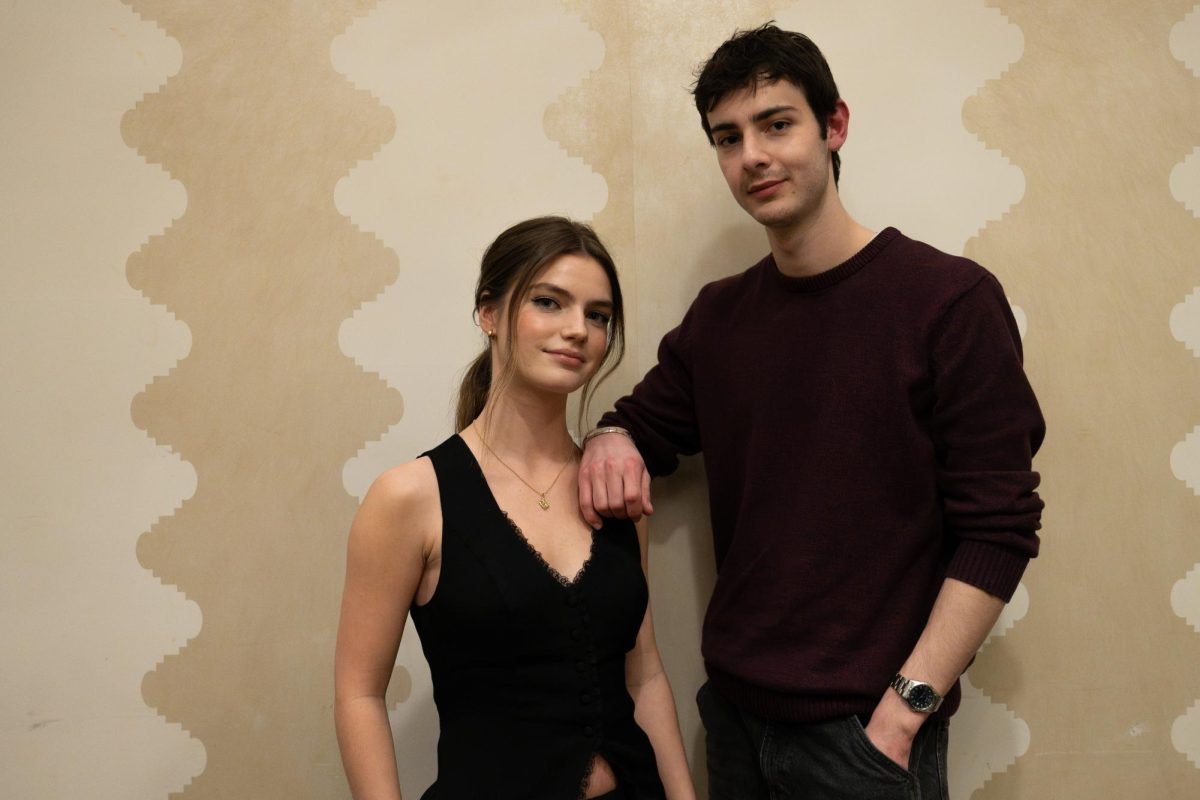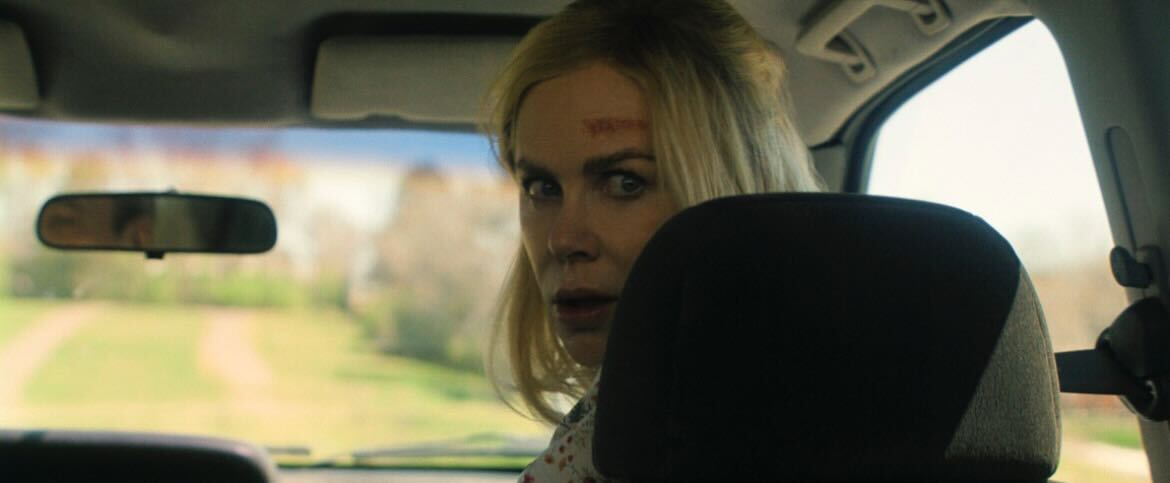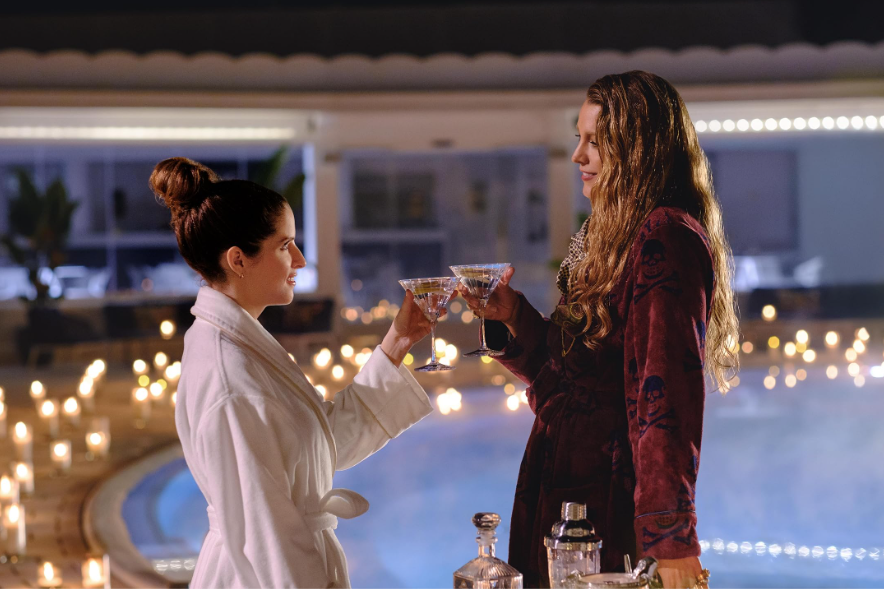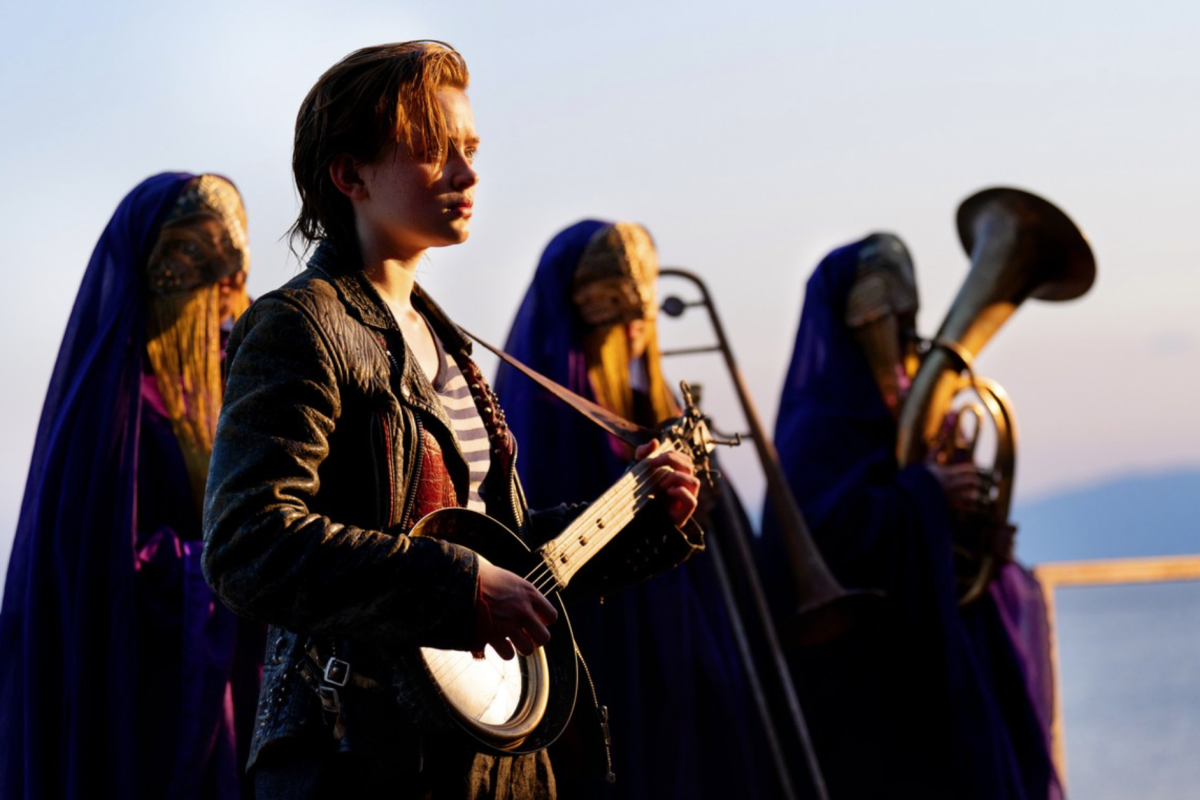Late October of last year, four radio-television-film students, David Bukstein and Ali Haji, Morgan Young and Bao Troung, had set out on their respective projects: whether it was a documentary on their family or a choir group or the human rights campaign. Their pre-production set into motion, their lens focused on their subjects, their editing formed a story. It was something they were relatively used to — except that there was another camera on them. As they were working on filming, a production company was doing the same as a part of “Undergrads: South,” a docu-web series premiering today on JamesFrancoTV.com.
Actor James Franco’s production company, Rabbit Bandini Productions (founded in 2003), is producing the series, the third in the Undergrad series. With producing partner Vince Jolivette, the series depicts the lives of undegraduate, up-and-coming filmmakers. After a North and West series, they initially set their sights on Dallas before coming to the Austin Film Festival and becoming acquainted with UT alumna and director Joy Gohring and deciding instead to focus on vibrant Austin film scene.
“I really wanted to them to focus on Austin because I know of the amazing talent that is here and the diversity,” Gohring said.
With a location and a production company in tow, what was left were the subjects. With hundreds of film students on the University’s campus alone, it was big pool to whittle down, but through word of mouth and an interview process, they found their cast in Bukstein, Haji, Young and Truong.
Though they all may be filmmakers in some capacity, they all offer a different perspective, coming from different races, genders, sexual orientation and experience and aesthetic.
“Instead of just getting people that were going to be interesting, they got people who were extremely driven and who weren’t willing to accept what [the producers] were initially setting out for,” Bukstein said. “They got four very unique, ambitious people.”
The series follows Haji as he documents the choir group he is a part of, The Ransom Notes, as they compete; Troung as he completes a documentary on local band “Little Lo” and on his family; Young chronicles the Brady Campaign, which deals with gun rights; and Bukstein as he films a music video for Mother Falcon, along with a personal film of his family.
When it came to the actual shooting itself in late October, and which continues today, they too had their own perspectives. Some were an open book, like Bukstein, who depicted the coming out of his father as a cross dresser while others kept more boundaries.
“Because the Brady Campaign is very sensitive, I was conscious of that,” Young said. “These victims are of violent crimes and I had to ask them to step outside at times. Ali and I were very aware of what was being filmed and all that came along with that.”
Being filmed provided a different perspective for the students, no longer being able to hide behind their lens. But not only that, they had a hands-on role in creation of the docu-web series itself with Gohring. They or even their friends handled the filming or the cinematography. Bukstein became so involved with the production that he received a co-associate producer credit. But a place where they all provided input one way or another was the editing room, a place for them to see the culled hours upon hours of footage shot of them, unrefined in any way.
“It made us really critical on us and self-reflective,” Truong said. “It was us trying to be in front of the camera. At times, you forget about the camera, but when the camera’s on, you know there’s going to be tens of thousands of footage on you, knowing James Franco’s reach with this.”
Some of those hours were edited down to the short, less than 10 minute pilot that premiered at this year’s South By Southwest Film Conference. For all four of them, it was their first experience with the festival. They spoke at a panel but even more nerve-rackingly, had to sit and watch themselves along with an audience.
“Sitting on a panel made it all very real,” Haji said. “Having something that goes onto SXSW that gets exposed on such a big level was great. It was weird to see yourself on your screen. You’re your harshest critic, but people reacted very well to, which was comforting. You always wonder how people will react to you.”
With editing still going on and at least six more episodes to go, the experience for Gohring and all four of the “characters,” a word Bukstein used to describe the four of them, was rewarding, shedding light on their career paths, their relationships with friends and family and of course, on the spotlight that is on themselves. For them, it became more than simply another cliche-ridden story of college trials and tribulations, but a true reflection of the lives of budding filmmakers about to head off to another real world.
“This is not ‘reality,’” Bukstein said. “This is real life, the kind of real life that could not replicated in reality television because everything that is happening is real, not changed by a director and authentic. When you watch us, you won’t see us binge-drinking or trying to get laid. You will see us diligently pursuing our careers, which many students are but are never portrayed because there isn’t an avenue for that. This show is Austin embodied in four film students.”

